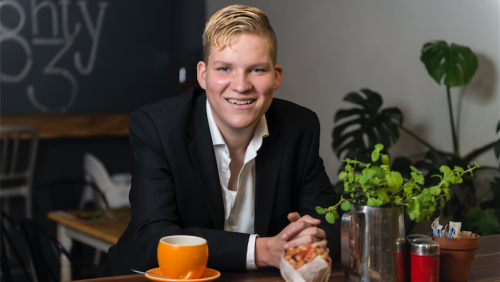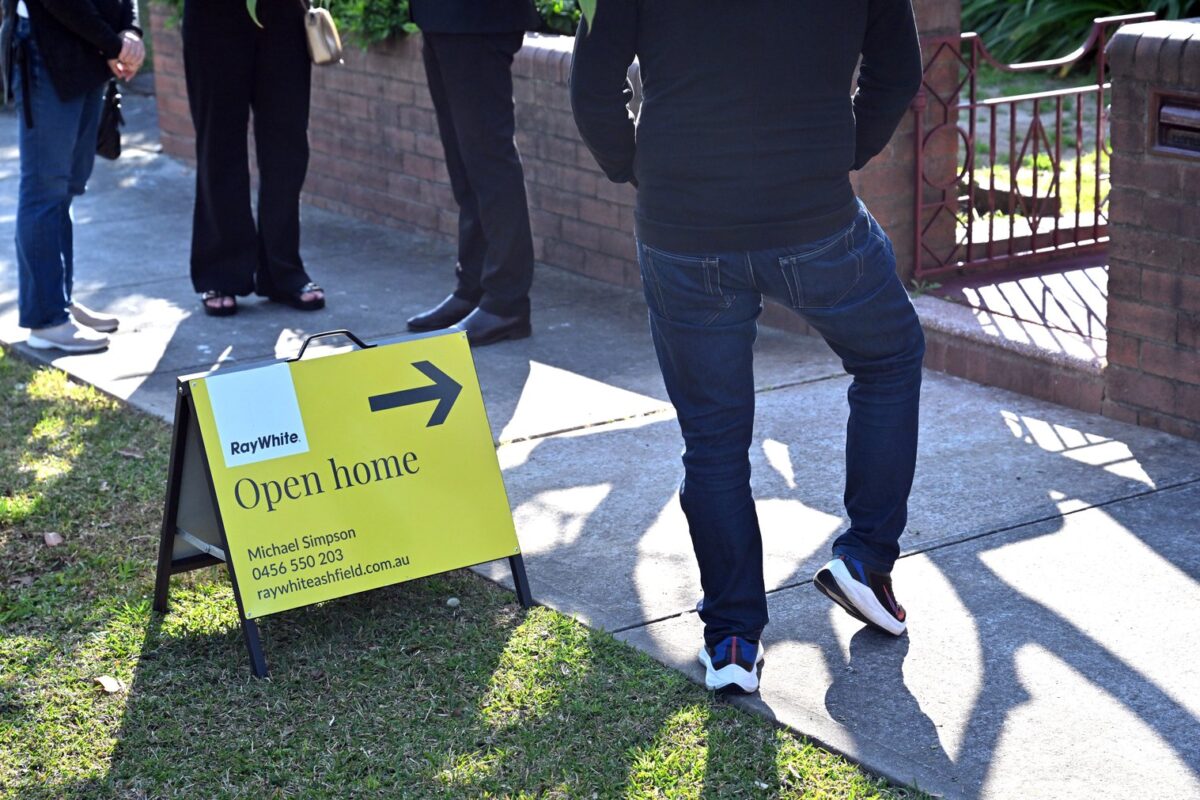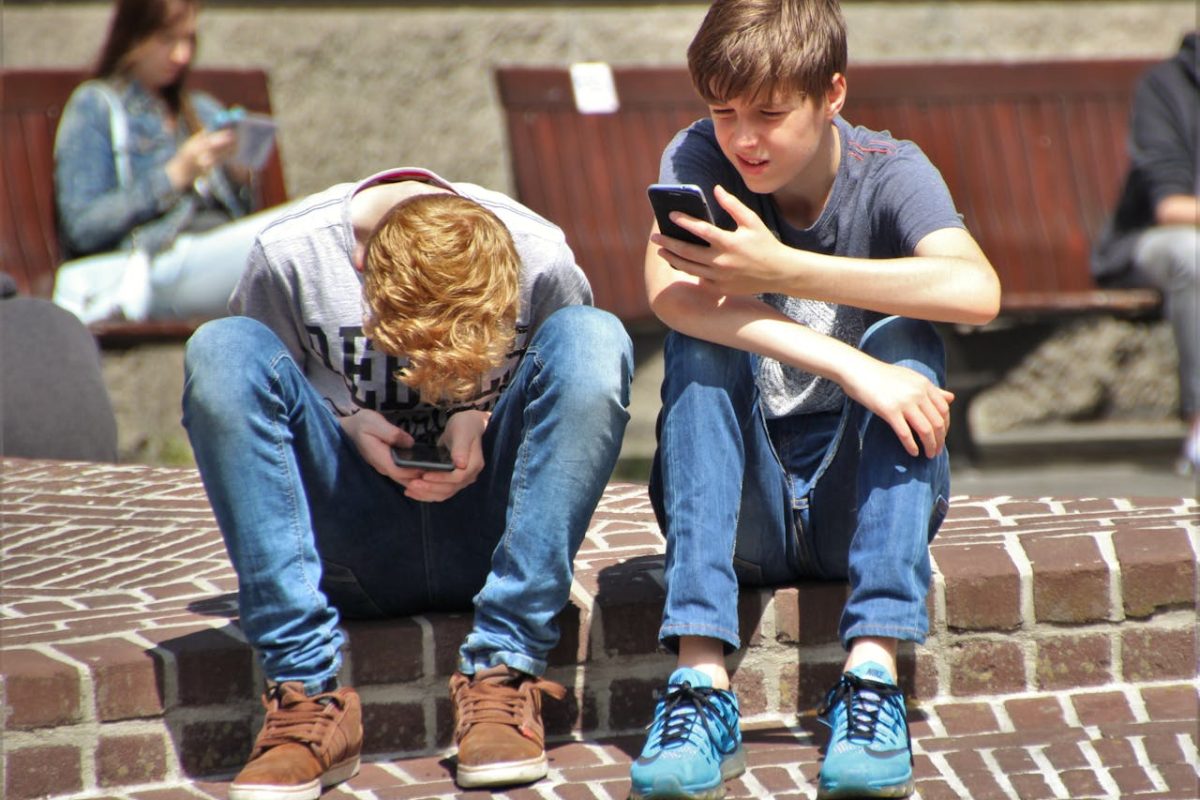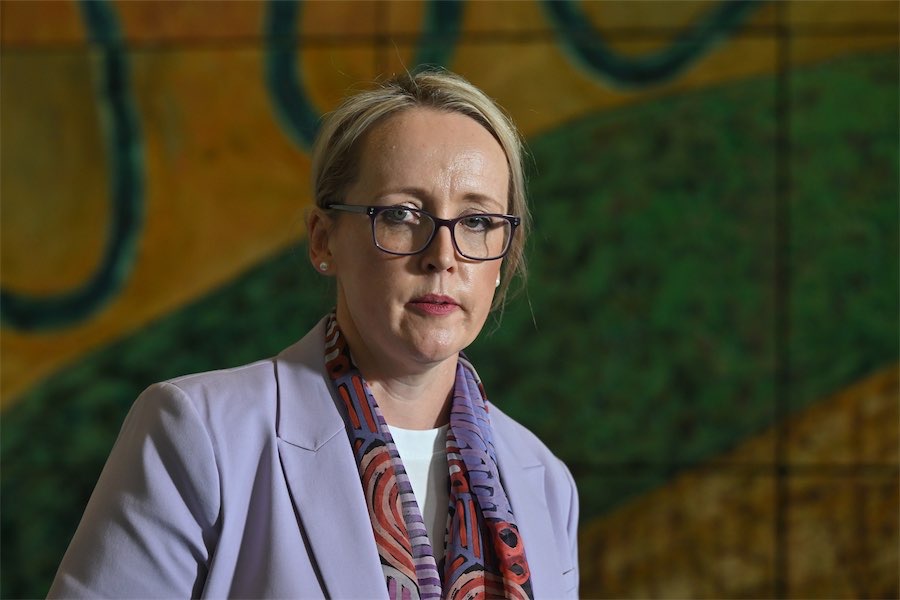
BORN with cerebral palsy, caring for her sick mum as a child and dealing with bouts of intense depression and a period of homelessness as a teen is a lot for any 19-year-old to have been through, but Georgia Rechter says she’s come out the other side and is able to get on with her life, thanks to the Salvation Army.
“Without the support of the Salvos I would have never discovered that I had something to offer this world – that I was as important as my peers and that I had the capacity to change my life for the better,” she says.
Georgia says that from the age of seven she cared for her mum, who suffers from an immune deficiency that has seen her in and out of hospital and on prescription drugs since Georgia was born.
“I also had my own problems with cerebral palsy, although I’m lucky it was mild,” she says. “I could walk, but I’d trip myself over and I was bullied constantly. People don’t like different, and I just happened to be one of those who didn’t fit into the box.”
Georgia says that her mum spent a lot of time in hospital and relied on medication and blood transfusions to survive.
At 15, Georgia says she underwent several surgeries on her femur to correct issues caused by the cerebral palsy, and after that found herself with severe mood swings, found it hard to concentrate and felt agitated for no reason.
“It was put down to hormones and part of growing up, but I really wasn’t coping,” she says.
“I was hospitalised three or four times and eventually transferred to a mental health unit, where I was diagnosed with depression.”
Georgia says she was put on antidepressants, which made her feel worse.
“I felt crazy – everything felt like a personal attack on me and I’d have these major highs and lows,” she says.
“I lost a lot of friends with how I was behaving, but I didn’t realise what I was doing. They would say: ‘This isn’t you’.
“As well as the medication and depression, I also think it was compounded trauma about hospitals – there was a lot going on.
“It’s scary not knowing what you’re doing and how you’re impacting other people.”
Georgia says her mum didn’t know how to help her, particularly when Georgia started to self harm, and it was around this time that she became homeless.
“I was never on the streets, but it got very close and I was on people’s sofas,” she says. “Mum didn’t understand what was wrong and wasn’t able to look after me because of her own health issues.
“I was doing all the therapies but nothing was fixing how I felt, I had this pressure 24/7 that I couldn’t release. I felt isolated and confused.”
When she was 17, Georgia was transferred to the Salvation Army’s Oasis Youth Residential Service after a few months in a residential youth mental health program run by the Mental Health Foundation.
“I still needed support and I didn’t have anywhere else to go at that stage, because my mum didn’t know what to do with me the state I was in,” she says.
“I met with the manager at Oasis and she said: ‘We’ll take you, we’ll look after you’, and I know it’s a cliche but it really was life-changing.”
Georgia says that Oasis, which provides emergency accommodation for homeless young people aged 16-25, was a supportive environment, with everyone treated equally.
“They wanted to see us do well, but because it was the best thing for us,” she says.
“I was encouraged to think about what I was good at, what I wanted to do, and focus on that.”
For Georgia, it was her role as a carer, as well as her own disability, that shaped her plans for the future.
“I always knew I wanted to work with people, I love people, but I didn’t know what that looked like,” she says.
“I know what it feels like to fall through the cracks and I didn’t want it to happen to others.”
Georgia now lives back at home and says she has a strong relationship with her mum. She works part time in retail and is studying Individualised Support (Disability) at CIT, with plans to do a diploma and go on to uni.
“I already know how it works, I’ve lived it,” she says.
“I’m quite tough on people when it comes to disabilities and I don’t view it as a disability, there is only an ability.
“Everyone has an ability, and it’s about focusing on that. Don’t tell me I can’t do something – show me a different way to do it so that I can, but don’t tell me I can’t.
“Having a disability doesn’t make you inspirational. It’s what you do with your life that counts. And I’m just a person going about my daily life.”
To volunteer for the Red Shield Appeal door knock on May 28-29 or to donate call 13 SALVOS (137258) or visit salvos.org.au
Young people are some of the most vulnerable in our society:
- One in six Australians aged 15-24 lives in poverty.
- One in four struggle with a mental health condition.
- 755 people under the age of 24 are homeless in the ACT.
- The Oasis Youth Services provides emergency accommodation services for homeless young people aged 16-25 years. It operates in Tuggeranong, Woden/Weston Creek, north Canberra and Belconnen.
Who can be trusted?
In a world of spin and confusion, there’s never been a more important time to support independent journalism in Canberra.
If you trust our work online and want to enforce the power of independent voices, I invite you to make a small contribution.
Every dollar of support is invested back into our journalism to help keep citynews.com.au strong and free.
Thank you,
Ian Meikle, editor




Leave a Reply